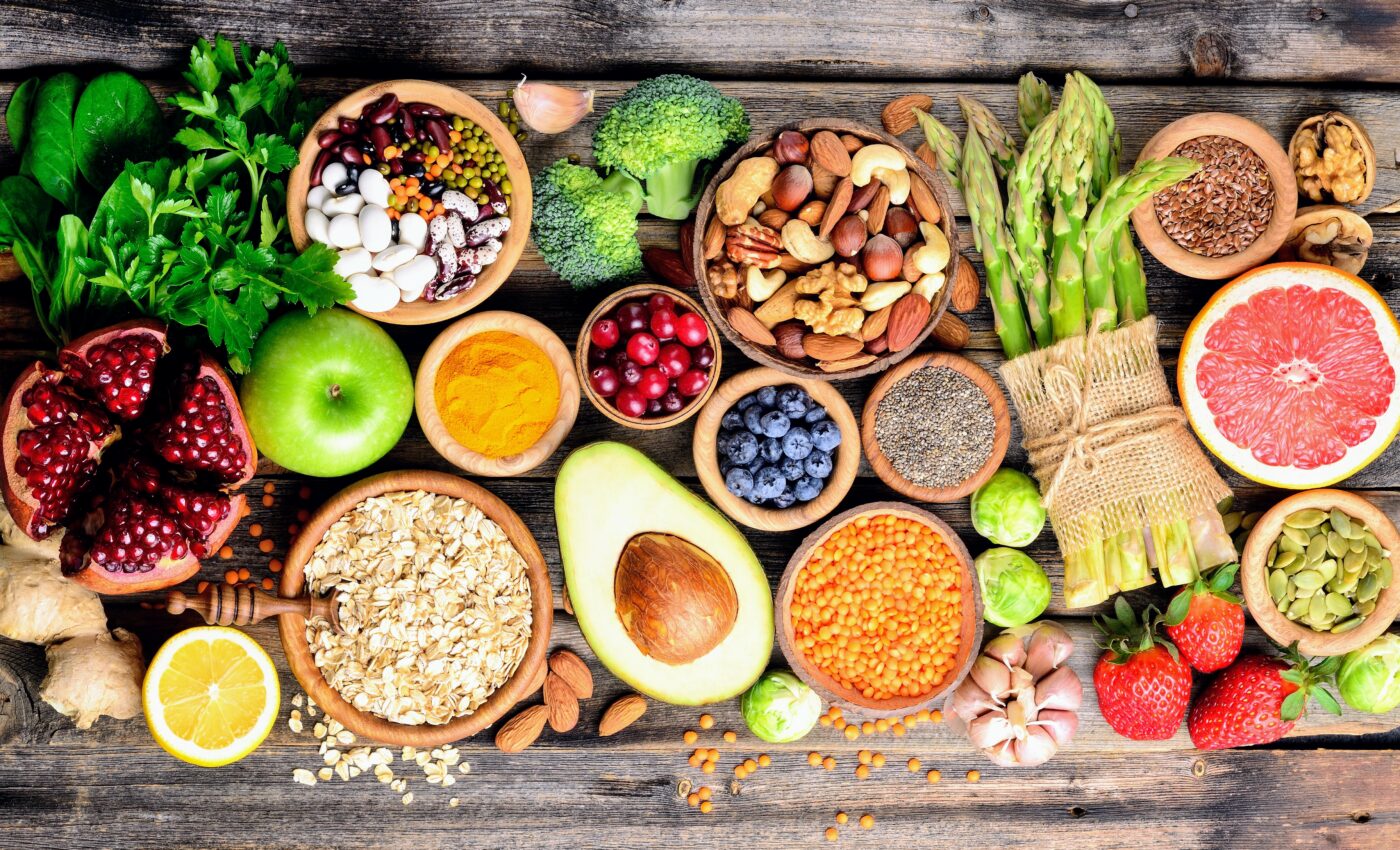
Dietary changes can add years to your life expectancy
Young people can add years onto their life expectancy through dietary changes, according to a new study published in the journal PLOS Medicine. The experts report that a young adult in the United States can add more than a decade to their life by shifting away from a typical Western diet to a healthy diet with more legumes, whole grains and nuts.
The researchers analyzed data from existing studies, such as the Global Burden of Diseases study, to build a model that instantly estimates the impact of dietary changes on life expectancy. The results show that healthy diets, including less red or processed meat, could also extend the lives of adults by eight years.
“Research until now have shown health benefits associated with separate food group or specific diet patterns but given limited information on the health impact of other diet changes. Our modeling methodology has bridged this gap,” said study lead author Lars Fadnes of the University of Bergen.
For young adults in the United States, the model estimates that a sustained shift from a typical Western diet to the optimal diet beginning at age 20 would increase life expectancy by up to 10.7 years among women and 13 years among men.
Adopting a healthy diet at age 60 could increase life expectancy by eight years for women, and by 8.8 years for men. Furthermore, an 80-year-old adult could gain an average of 3.4 years from such dietary changes.
The largest gains in life expectancy are associated with eating more legumes, more whole grains, and more nuts, while eating less red or processed meat.
Each year, dietary risk factors are estimated to cause 11 million deaths and 255 million disability-adjusted life-years annually. The new model makes it possible to instantly calculate how life expectancy (LE) is affected by a range of dietary changes. This tool, called the Food4HealthyLife calculator, is available to the public online.
“Understanding the relative health potential of different food groups could enable people to make feasible and significant health gains,” said the researchers. “The Food4HealthyLife calculator could be a useful tool for clinicians, policy makers, and lay-people to understand the health impact of dietary choices.”
–—
By Chrissy Sexton, Earth.com Staff Writer













